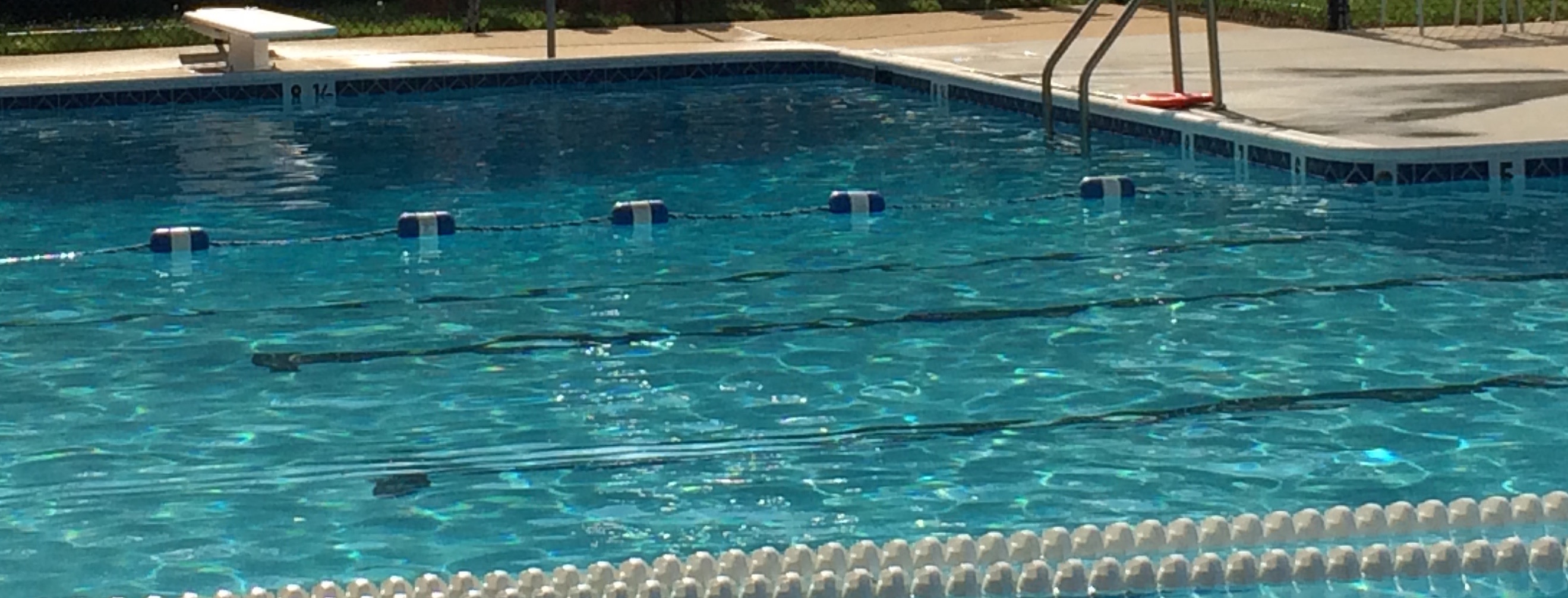
Child’s Apartment Complex Pool Drowning Results in Settlement
her mother, her father, and an older sister who witnessed the decedent’s death. She was also survived by her younger siblings by different fathers: sisters, ages 3 and 4, and a 6-month-old brother. At the time the decedent drowned, she was spending the first part of the summer with her father who lived in the apartment complex.
The decedent was being watched at the swimming pool by her aunt. Present with the aunt were her three children, two adult males, and the decedent’s older sister. Neither the decedent nor her sister had been to this pool prior to the date of the accident. The decedent was not a swimmer.
The aunt testified that when she last saw the decedent, she was holding on to the side of the swimming pool kicking her feet. A resident of the apartment complex testified that she and the lifeguard were seated on the picnic bench facing the pool and that she and the lifeguard were having a social conversation the entire time she was there, but that the lifeguard was looking at the pool the whole time. The resident testified that she saw the decedent moving hand-over-hand along the side of the pool. When the resident last saw the decedent, she was moving toward the deep end. Several minutes later, the resident’s daughter and two of her friends found the dead body of the decedent in the deep end of the swimming pool. The resident testified that where she and the lifeguard were sitting was too far back and too low to see the part of swimming pool where the decedent’s body was found.
A visitor performed CPR after observing the lifeguard just standing over the body, but she believes the decedent was dead prior to her beginning CPR.
A world-renowned expert in drowning and the drowning process was hired by plaintiff’s counsel. He would have testified that the decedent’s body was submerged between five to 10 minutes. The expert based his opinion on the physical presentation of the decedent’s body and the failure of CPR to revive her.
The lifeguard, who was a resident of Russia, was hired, trained and newly certified by the defendant pool management company, and stationed at the swimming pool.
The guard station where the defendants placed the lifeguard was more than 20 feet away from the near edge of the pool under the overhang of the pool house. The lifeguard was sitting in a non-elevated lawn chair directly across from that portion of the near edge of the pool below which the decedent’s body was found. The position of the lifeguard station illustrated by the photographs did not allow the lifeguard to see the entire pool. Decedent’s aquatics safety expert opined that the defendants violated the industry standards. Witnesses estimate that there were 11 other people at the pool at the time the decedent drowned.
The defendants’ position was that there was no proof of when or how the decedent got to the deep end of the pool. The defendants also argued that the decedent’s aunt was primarily responsible for watching her. The apartment management company and owner took the position that they had no liability as they had used reasonable care in selecting the pool management company and that they could delegate the maintenance and operation of the pool to the pool management company as it was an independent contractor. The plaintiff made it clear that under Virginia law, the duty of the owner and manager of the swimming pool in regard to safety was non-delegable.
The plaintiff claimed funeral expenses of $3,495 and medical expenses of $30,512.97. The case was settled after extensive discovery was completed and after the plaintiff administrator filed her expert disclosures, thanks to an experienced mediator, for $1,500,000.
